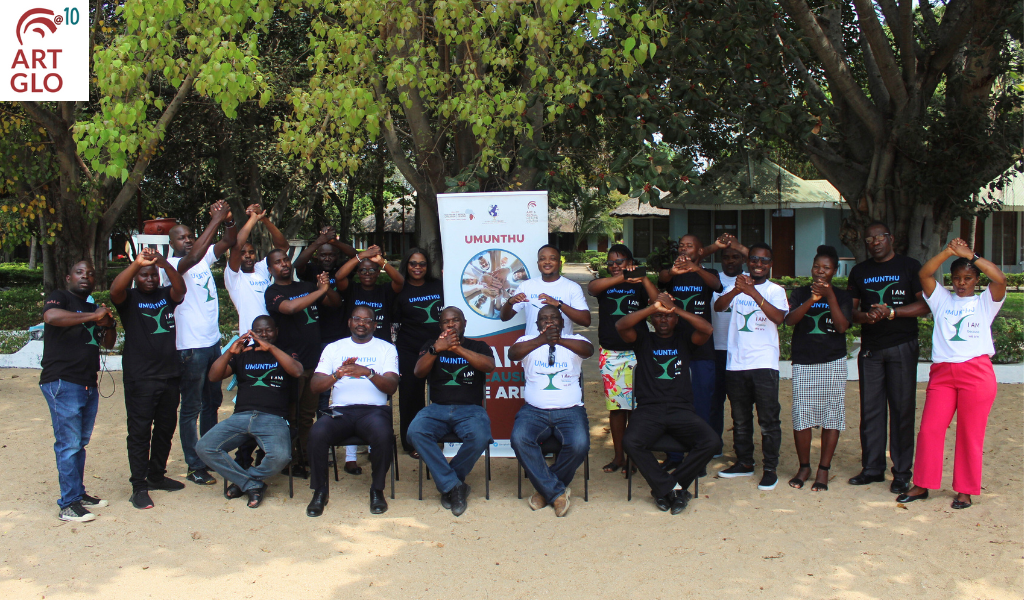In Malawi, access to justice remains complex and often protracted and tiresome, especially for vulnerable and marginalised communities, such as LGBTIQ+ communities. The lack of access to justice for marginalised groups goes beyond mere legal misunderstandings. It stems from deeply learnt societal attitudes that often view these groups as undeserving of protection and rights.
These attitudes are perpetuated by several connected factors, such as societal prejudice, where marginalised groups face multiple forms of systemic stigma and discrimination. For example, transgender individuals face significant barriers to accessing justice due to harmful actions and misconduct by law enforcement officers, who are often the first point of contact for those seeking justice. In some extreme cases, they are forced to undress, subjected to invasive searches such as anal testing, often with other officers watching. Such acts violate personal dignity and serve as a tool of humiliation and degradation, reinforcing the message that they are not seen as equals under the law. For many, the trauma of these experiences outweighs the potential benefits of pursuing justice, leading to widespread underreporting and a continued lack of accountability for those who perpetrate crimes against them. When marginalised groups are treated as criminals or societal outcasts, even when they are the victims, their trust in the system goes away, and they become reluctant to pursue justice.
These experiences create a hostile environment where marginalised individuals are not only afraid of being mistreated but also feel that the justice system exists to punish rather than protect them.
Secondly, the lack of inclusive legal knowledge contributes to social and legislative exclusion, resulting in them needing help to report human rights violations or claim their rights. The misconception of who is entitled to legal protections, often built on biases and stereotypes, discourages the community from seeking support, leading to further marginalisation. Other actors, such as religious leaders, influence various aspects of society, such as the courts, magistrates, police, and healthcare workers in Malawi. This influence, which is mainly manifested through unwillingness to provide service to other sectors of society, significantly impacts LGBTIQ+ individuals’ ability to access the justice system.
To bridge the gap between vulnerable and marginalised groups and the justice system, a local human rights organisation, the Art and Global Health Centre (ArtGlo), designed and implemented the Umunthu inclusive project in four districts in Malawi since 2022. The Umunthu project takes a leaf from the golden African philosophy, Ubuntu, believing that a universal bond connects all humanity. All human beings deserve respect, protection and dignity by being human, which is even emphasised in the Universal Declaration of Human Rights. Using modern, traditional and innovative methods, ArtGlo connects with various community members to raise awareness of human rights and promote social inclusion and cohesion. The project has enabled ArtGlo to work with different community leaders, including magistrates, police, CSOs, and traditional and cultural leaders, especially about LGBTIQ+ inclusion and protection issues.
The Umunthu project has produced human champions who emphasised the need for sensitisation on human rights for fellow magistrates and police officers. Seeing the work that NGOs such as ArtGlo carry out, there is an urgent need to expand the Umunthu inclusive project. One of the working ways of the project is its accommodation for everyone as its inclusive approach does not exclude other identities but rather advocates for a positive shift in the narrative of LGBTIQ+ people, promoting human rights while at the same time strengthening the capacity of justice actors.
This article is a summary from a webinar held on 31 October 2024 with ArtGlo, the Southern Africa Litigation Centre, justice actors and human rights activists.
*Rodger Phiri is the Executive Director of ArtGlo in Malawi and a human rights defender.
*Bradley Fortuin is the Equality Pregame officer at the Southern Africa Litigation Centre and a human rights defender.



